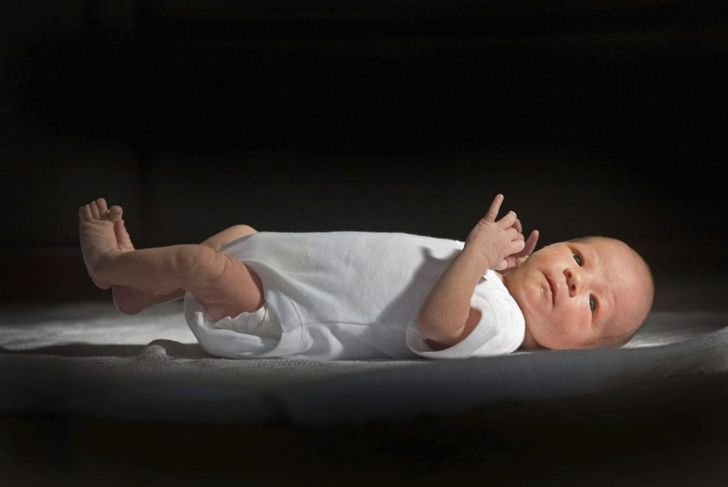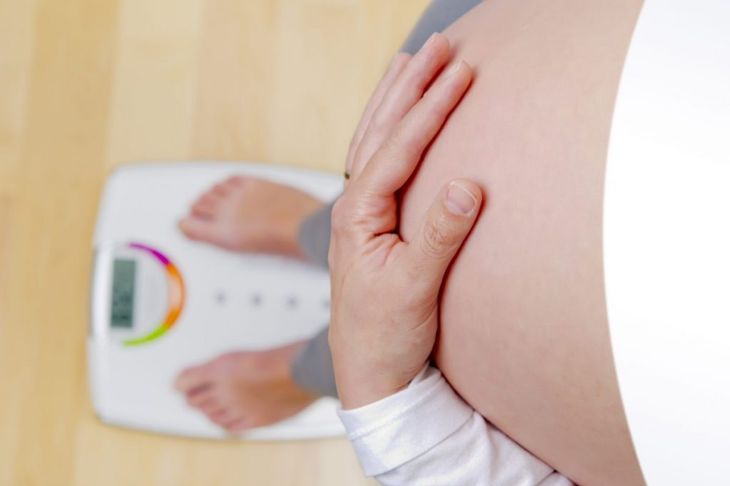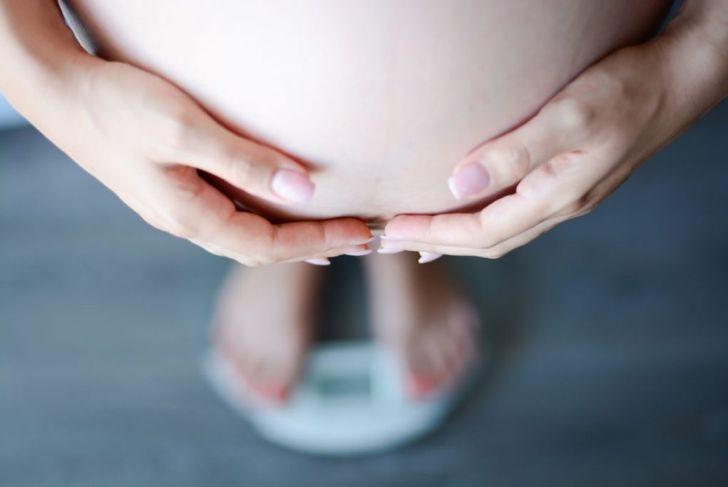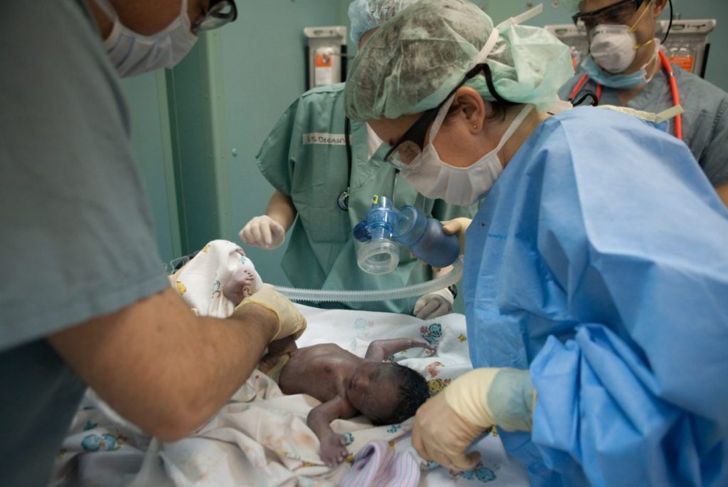Hypospadias is a congenital condition that occurs in male babies where the opening of the urethra is not located on the tip of the penis, but forms somewhere below the end of the penis. The abnormal opening can form anywhere from the tip of the penis to the scrotum. The urethra forms between the 8th and 14th week of pregnancy. It is during this time that the abnormality occurs. In some cases, it is a minor condition and causes no serious effects. In others, it is more severe and must be corrected with surgery.
Categorization of Hypospadias
Hypospadias is classified into three different types, depending on where the opening of the urethra is located. Subcoronal hypospadias is where the opening is located somewhere near the head of the penis. Midshaft hypospadias is when the urethra is located along the shaft of the penis. Penoscrotal hypospadias is when the opening of the urethra is located at the joint between the scrotum and the penis.
Problems Associated with Hypospadias
Sometimes hypospadias occurs alone and can be relatively minor in terms of the difficulties that it causes. It can also occur with other abnormalities of the penis. One of these is that boys with hypospadias can have a curved penis. They may have to urinate in a sitting position if this occurs. Sometimes the testicle is not fully descended and can cause problems later in life, such as with urinating while standing or it can interfere with intercourse. Sometimes hypospadias occurs without other conditions.
How Often Does it Occur?
Hypospadias is more common than many people realize. According to the centers for disease control and prevention, and occurs in every five out of every 1000 boys born in the United States. It is one of the most common congenital disabilities. Many times boys will not be aware that they had hypospadias if it was corrected with early surgery.
Causes of Hypospadias
The exact cause of hypospadias is not known and in many cases it is thought to be a combination of genes and environmental factors. Although no official studies have been conducted to examine factors that cause hypospadias, it is suspected that foods, drinks, or certain medications taken during pregnancy may be responsible. The CDC found that the age and weight of the mothers, fertility treatments, and taking certain hormones before or during pregnancy increase the risk of having a baby with hypospadias.
Can It Be Prevented?
Because the exact causes of hypospadias are not known, the ways of preventing it are also elusive. However, the CDC links to several factors with an increased chance of having a boy with hypospadias. One of these was mothers who were over the age of 35. In addition, mothers who were obese had a greater chance of having a child with hypospadias. Taking certain hormones before becoming pregnant and during pregnancy were also linked to an increased reason of the birth defect. The CDC recommends talking with your doctor about any make medications that you may be prescribed during your pregnancy. It also recommends taking steps to make certain that you are as healthy as possible during your pregnancy.
Diagnosis of Hypospadias
A diagnosis of hypospadias can easily be determined by a physical examination of the baby as soon as it is more. Hypospadias occurs when normal development of the phallus is interrupted by environmental factors that cause certain genes to not function properly. The genes involved seem to indicate that the abnormalities are linked to an androgen deficiency.
Do All Cases Need Surgery?
Many, but not all cases of hypospadias require surgery. Some cases are purely cosmetic and do not affect the functioning of the urethra or other sexual organs. Only the mildest cases are not recommended for surgical correction. In some cases, hypospadias will block urination and cause pain when urinating. In the most severe cases, surgery may be done in several different stages. Many times hypospadias is corrected with surgery for cosmetic reasons because of the social stigma involved as the child grows older.
Should A Child WIth Hypospadias Be Circumcised?
If hypospadias is detected at birth, the baby should not be circumcised. The extras skin on the foreskin will most likely be used as a skin graft ring surgery. This means that extra care will have to be taken to prevent infection from the time the baby is born until the surgery to correct the condition has taken place. Mothers who have a baby with hypospadias will need additional instruction on the proper care and cleaning of the penis to avoid infection.
Treatment of Hypospadias
Most cases of hypospadias will require surgery to correct the condition. Surgery should take place between three and 18 months of age. In mild cases, only one operation may be needed, but in more complicated cases the correction may require multiple surgeries. Surgeons also recommend correcting other defects that may occur in addition to the hypospadias, such as a curved penis or repairing the skin around the opening of the urethra. The type and extent of the surgery depends on the extent and type of hypospadias that the child has and how it may affect them.
Will Hypospadias Have An Impact on the Baby’s Life?
In a majority of the cases, once hypospadias has been corrected, it will not have any impact on the babies life at all. The penis will look and function just like those of other boys. There may be a little bit of minor scarring in some cases, but most of the time surgeons take precautions to try to minimize scarring that will affect the appearance of the penis. Hypospadias is usually corrected before potty training takes place, and will have no effect on the child’s life once it has been corrected.

 Home
Home Health
Health Diet & Nutrition
Diet & Nutrition Living Well
Living Well More
More




















